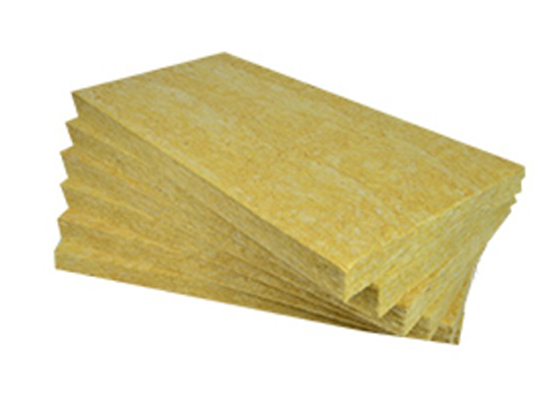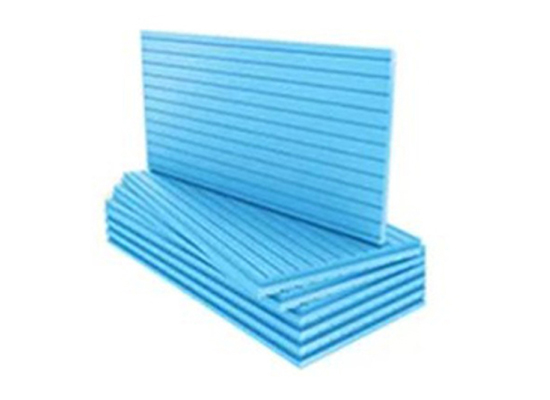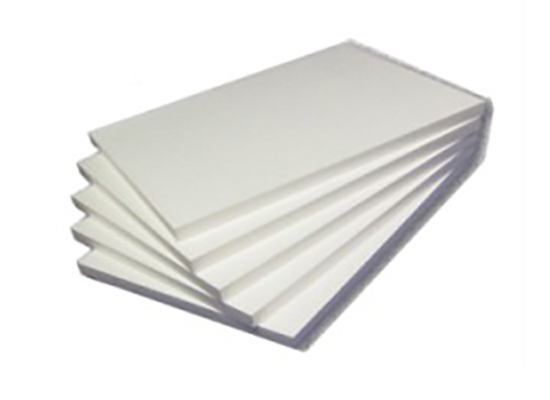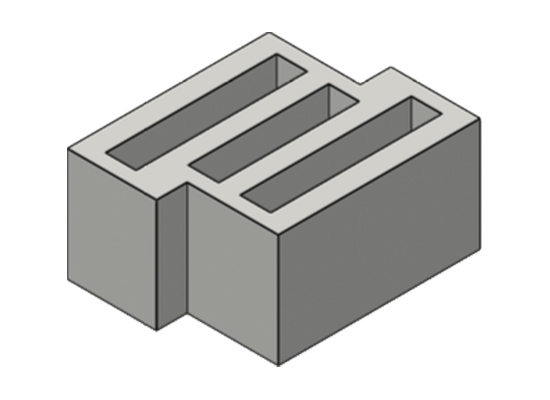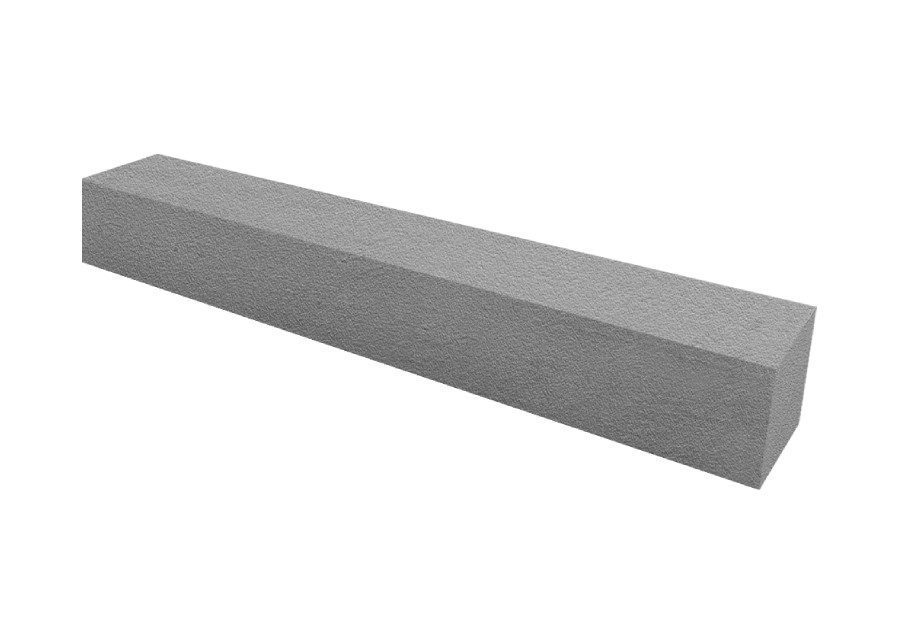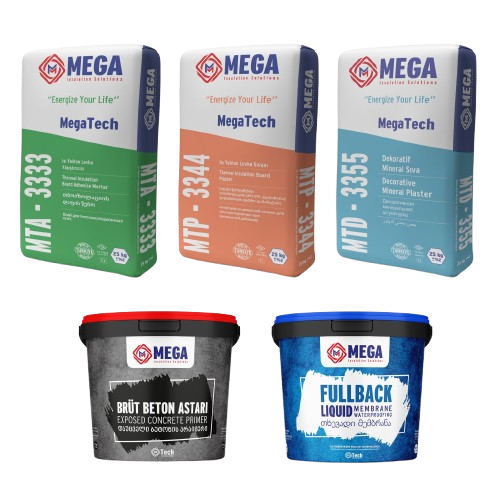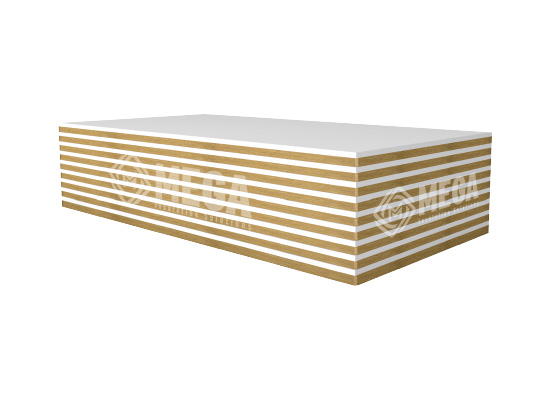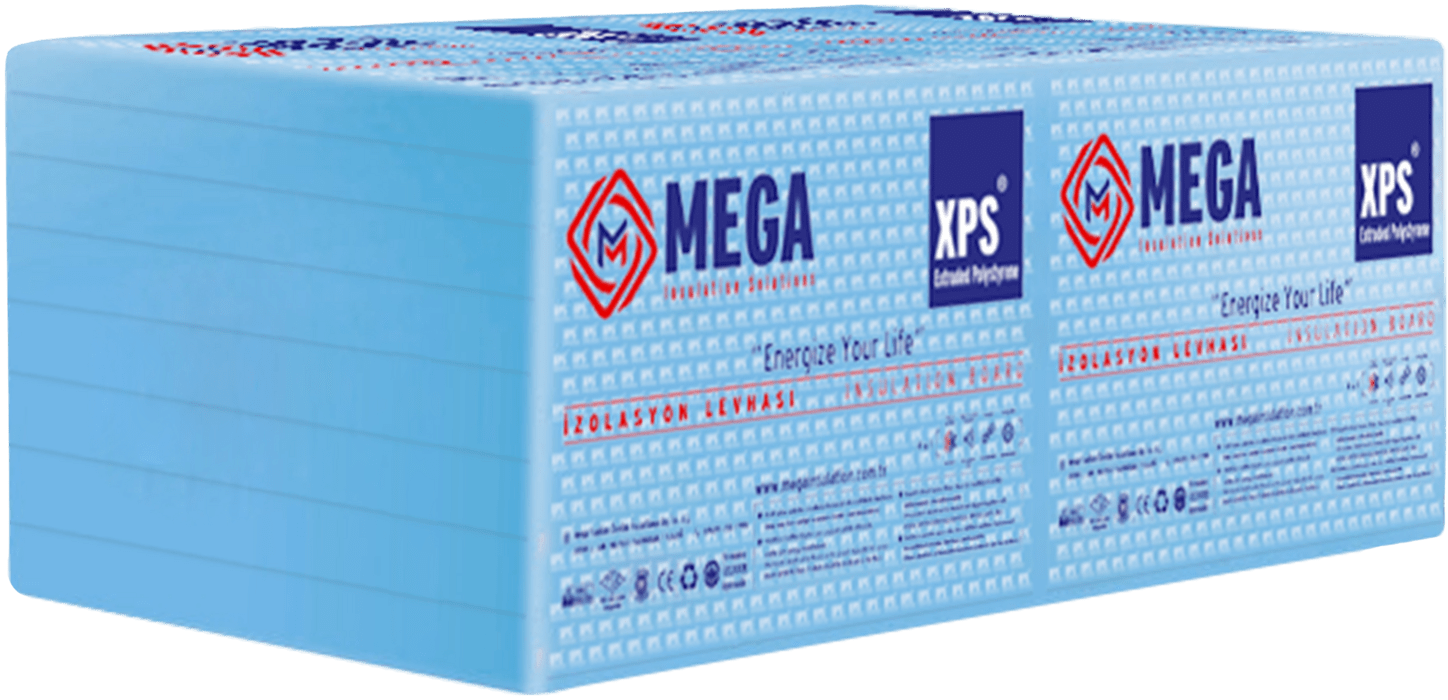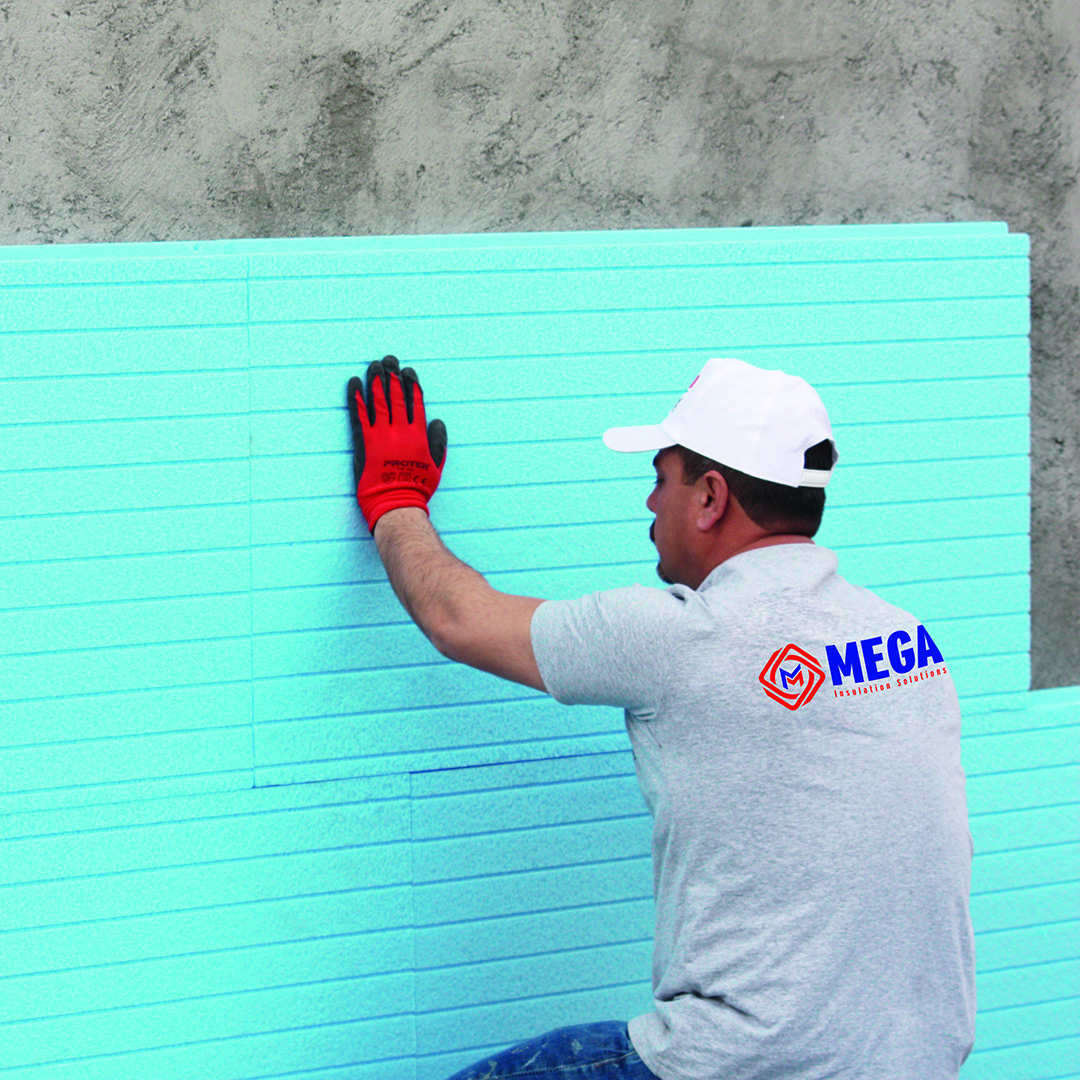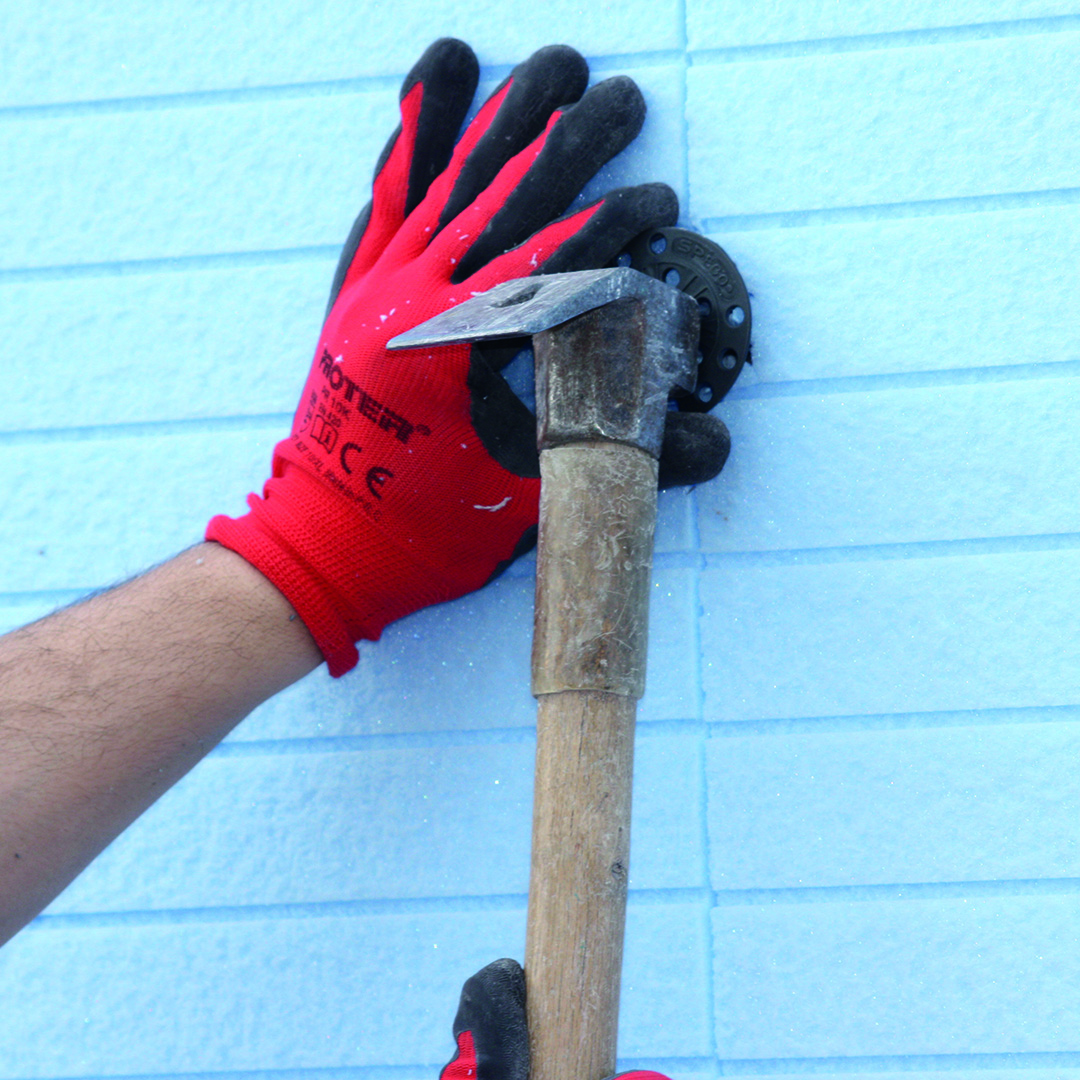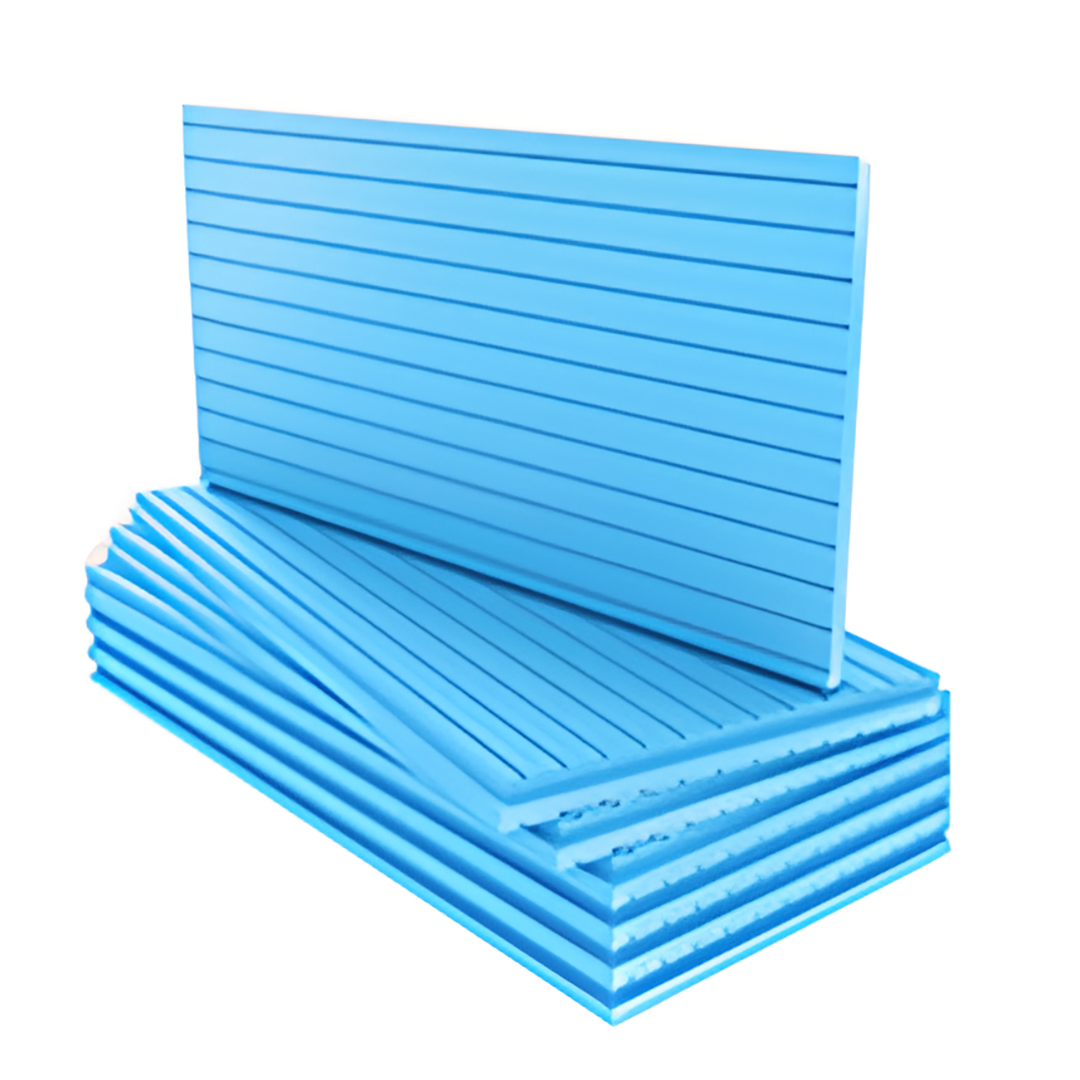XPS - Rough Channel Board
| Type 1500 (150 kPa) | Type 2000 (200 kPa) |
| Type 2500 (250 kPa) | Type 3000 (300 kPa) |
Mega Insulation Solutions Rough and Rough Channelled Surface XPS Boards; As a result of the processing of polystyrene raw material by extrusion, the edge shape is produced with lamp bin and the surface shape with rough or rough-channel. Mega Insulation XPS; It can provide high adherence where it is applied with its surface shape and eliminating heat bridges with its edge shape. Mega Insulation XPS, which provides thermal insulation at a maximum level with its low thermal conductivity value, does not dissipate or crumble with its high compressive strength.
Request Offer
XPS - Rough Channel Board
Usage Areas
- Mega Insulation Rough Chanelled Surfaces are used in the contact facade system and internal insulation system, which are used to insulate the buildings from the outside or inside,
- Under the roof and overhang,
- Parking ceilings,
- Columns and beams (for thermal insulation purposes),
- In foundations and columns,
- Used in all kinds of prefabricated composite systems and double walls.
- Stock and Storage Conditions
- Mega Insulation thermal insulation boards must be protected from sunlight when long term storage is required.
- If the Mega Insulation thermal insulation boards are exposed to sunli- ght for a long time, it may be observed that their surface and size deteriorates.
- During the production of Mega Insulation thermal insulation boards, they are produced by using fire preventive additives.
- Megaboard thermal insulation boards should not be used with solvent materials.
- It should be paid attention to horizontal stacking. If stacked verti- cally, edges may lose their linearity and be damaged.
- Insulation boards can be applied to the underground exterior wall with self-adhesive bituminous sheets on both sides.
- At the level where thermal insulation ends at the basement level, the finishing detail that prevents water intake and separation of the boards should be applied behind the waterproofing system.
- Drainage system should be installed in a way to prevent positive water pressure.
- It should prevent the insulation boards from slipping during the compaction of the backfill. For this purpose, the insulation boards should be placed on a solid and stable plane.
- In thermal insulation applications made on waterproofing memb-ranes, it is important not to pierce the waterproofing blanket. Therefore, thermal insulation layers should not be applied on wa- terproofing membranes using anchors.


